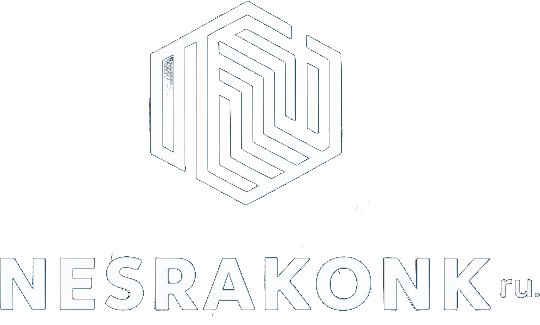CBDC не повлияют на рынок частных стейблкоинов, говорит технический директор Tether
Paolo Ardoino, the chief technology officer at Tether, believes that the growing developments around central bank digital currencies (CBDCs) globally wouldn’t really impact the role of private stablecoins.
Ardoino shared his two cents in a Twitter thread on the growing discussion around CBDCs and what their role could be in the current payment system. He said CBDCs would only replace the age-old centralized payment networks as SWIFT and use private blockchains to fulfill most transactions.
He went on to explain that CBDCs are not about digitizing the fiat currency as it has already been done, given most modern-day transactions are digital. The main goal of CBDCs is to use private blockchains as a modern and cost-controlled tech infrastructure, where most of the bank transfers and credit/debit card transactions will be settled via CBDCs.
Quote.
2/
— CBDCs are based on the idea that #tether had 8 years ago creating the first stablecoin
— CDBC will replace SWIFT etc
— banks will accept transfers via CBDCs as any wire
— CBDCs will settle most of credit/debit card flow, especially over the weekend
— Paolo Ardoino (@paoloardoino) March 10, 2022
End of Quote.
Tether CTO claimed that private stablecoins such as USDT will remain relevant even in the age of government-issued digital currencies given, private stablecoins would give users the option to transfer across chains and would be available across multiple blockchains of their choice, something CBDCs won’t do.
Quote.
3/
— CBDCs will use private blockchain as modern and cost-controlled tech infrastructure
— CBDCs won’t be issued on your favourite chain, private stablecoins will continued to serve that use case
Point being: tech evolves but nothing actually changes.
Only #bitcoin is our edge.
— Paolo Ardoino (@paoloardoino) March 10, 2022
End of Quote.
Ardoino’s response comes in the wake of growing debate around whether CBDCs would cut the role of the private stablecoin sector. Дискуссия набрала обороты в США после призывов нескольких законодателей регулировать рынок стейблкоинов.
Согласно данным трекера Atlantic CBDC, в настоящее время 86 стран находятся в процессе разработки своей суверенной цифровой валюты, причем с мая 2020 года этот процесс увеличился более чем на 100%. Из этих 86 стран девять стран уже запустили свои CBDC, а пятнадцать стран находятся на пилотной стадии.
 World CBDC Development Tracker Source: Atlantic Council
World CBDC Development Tracker Source: Atlantic Council
Во всем мире Китай лидирует в гонке CBDC с полностью функциональным цифровым юанем, который в настоящее время тестируется по всей стране. Несколько европейских стран, таких как Франция и Швейцария, начали трансграничные испытания, в то время как США еще не завершили разработку планов по созданию цифрового доллара.
